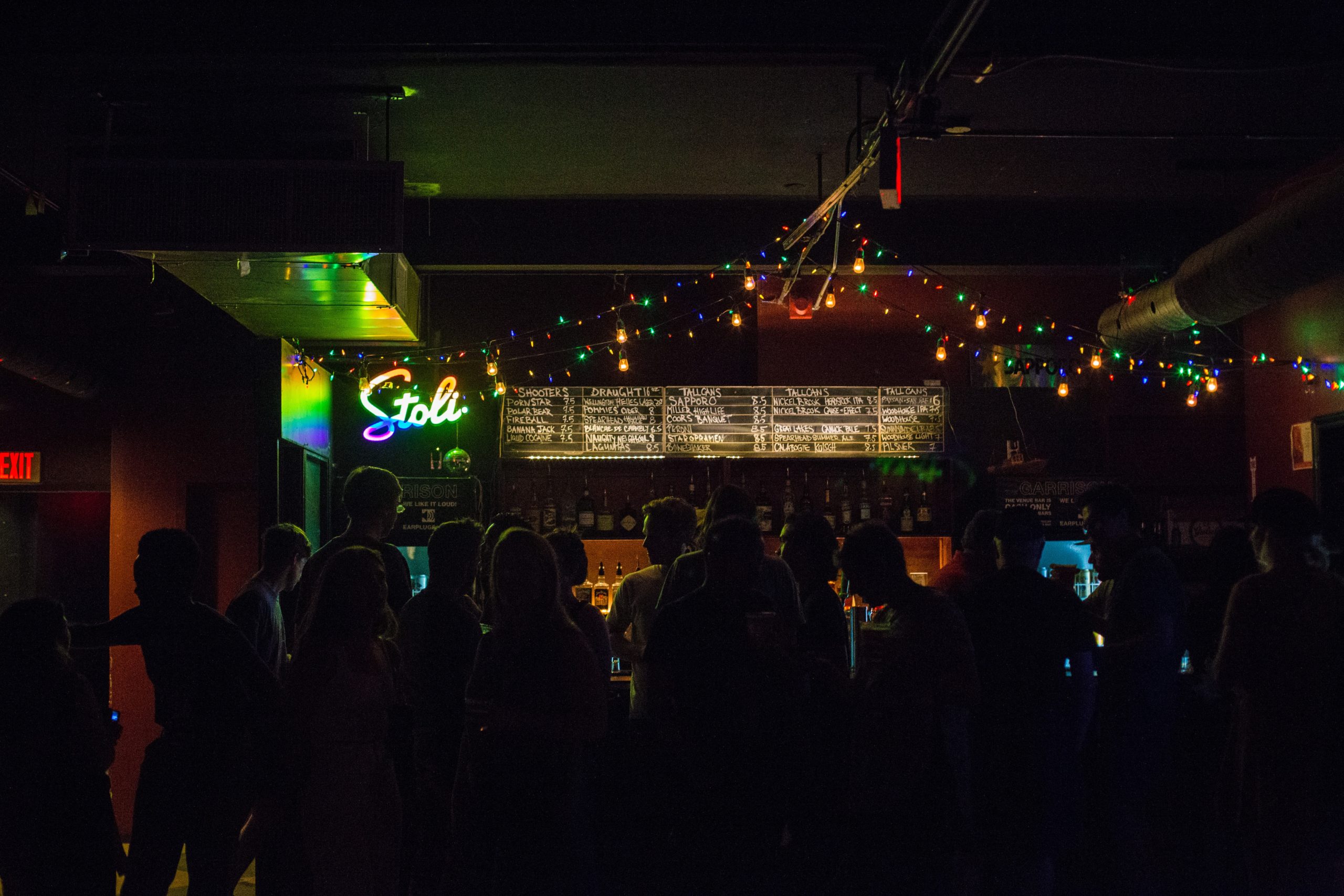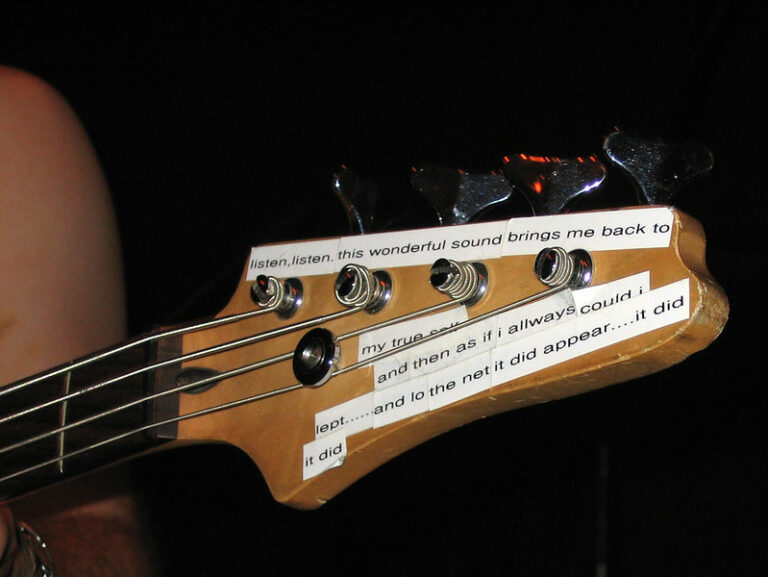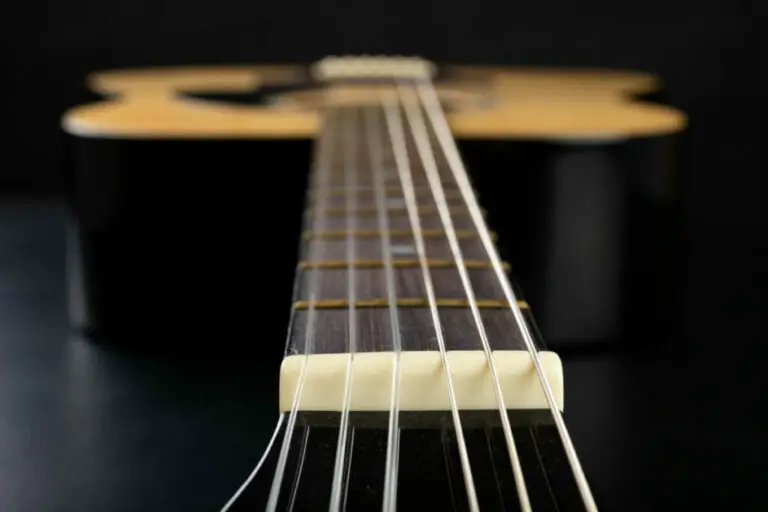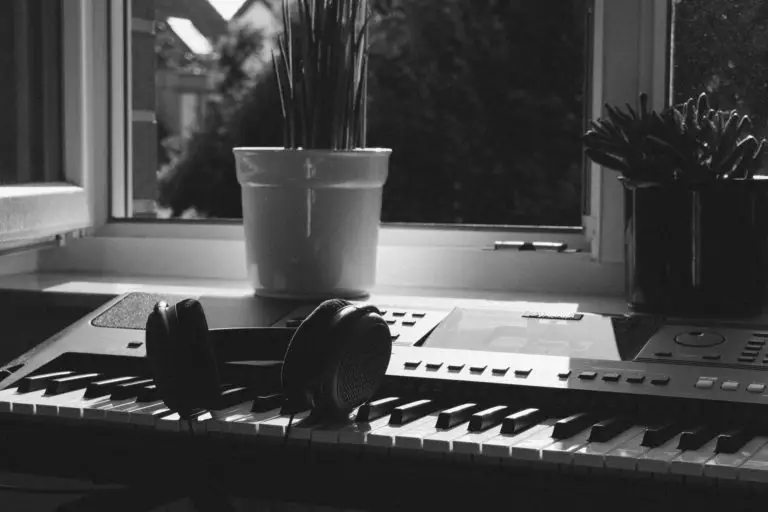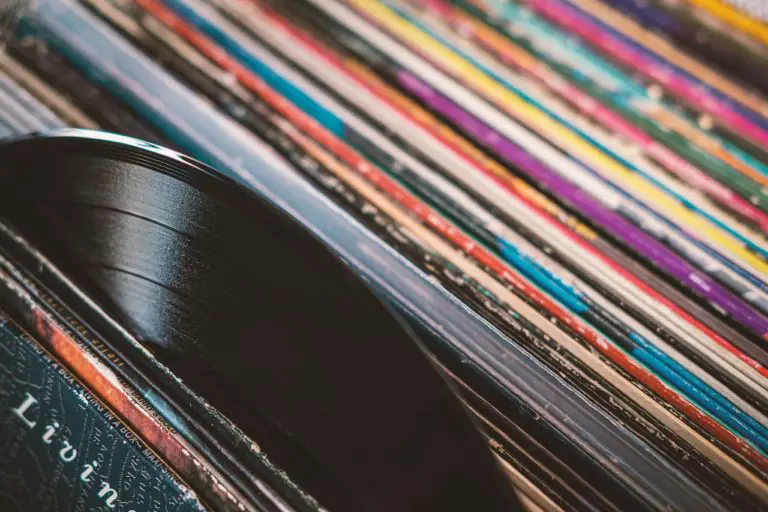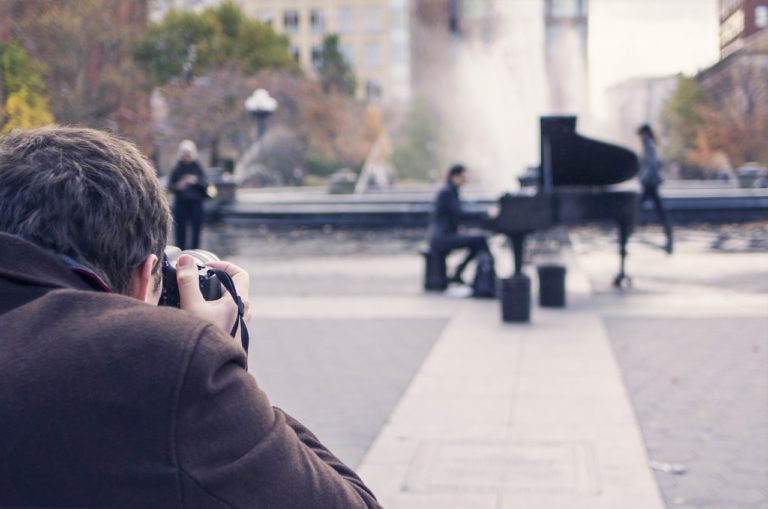Do Bands Pay Music Venues?
There’s a lot of confusion regarding who pays who in the event space business. Should venues pay bands for providing music to their customers? Or should bands pay music venues for the privilege to play in their space?
Do bands pay music venues? Yes, bands often pay music venues for pay-to-play shows. However, this isn’t traditional practice. Generally, reputable music venues pay performers to increase how many customers come in and how long they stay.
Nevertheless, bands who don’t know their worth yet may pay music venue owners for the opportunity to grow their fan base. The economics are complicated, but we break all that down below.
Why Would a Band Pay to Perform?
Sadly, there are plenty of greedy club owners with a flawed mentality. They think, “if a band is going to be taking up space on my property, they should pay.”
Of course, it’s not just about greed. Sometimes small venue owners struggle to break even. Charging bands to perform can provide them with enough income to stay afloat.
But why do bands agree to this?
Simply put, new bands don’t have many fans. They can’t tell an event space that they’ll attract their fleet of fans as customers. Instead, a venue may lose business by mentioning that a local band called “Jelly-Jelly Drumroll” will be playing at the bar that night.
But every band needs to start somewhere. The first step is gaining listeners. Performing in a busy small venue can attract the audience they desperately need. In many cases, this is worth far more than the pay-to-play fee.
Why Should Venue Owners Pay Bands?
In an ideal world, venue owners pay their bands. Or at least, money flows from venue to promotor to performing band. But if bands will be taking up room and trying to grow their fanbase in your event space, why should you pay them?
Paying bands to perform ensures that you’ll get the best live music your town or city offers. Successful musicians have done a few gigs already and know their worth. Plus, they can help you advertise your music venue business to their listeners.
Negotiation is essential, of course. Some offers are more reasonable than others. Nevertheless, having exceptional performers play at your club is a privilege. Choosing the right band and paying them appropriately means more business down the road. You’re not just paying for a night of live music. Instead, you’re paying for a boost in reputation; you’re paying to increase your clientele’s satisfaction and loyalty.
What Do Promotors Do?
Frequently, you’ll hear the term “promotor” when discussing how bands get paid. If the transaction is between music venues and performers, what’s the deal with a third party?
Not all bands have promoters, but many do. Promoters do exactly as their title suggests: they promote bands. Their main job is to help music artists secure gigs. They leverage their marketing and negotiation skills to achieve the best pay possible for the band. The promoter takes a small cut for themselves in exchange for their hard work.
This is a gross oversimplification, though. Different promoters have different responsibilities. Often, promoters will need to pay for ads, space, and other relevant expenses before breaking even through ticket sales. However, small gig promoters may not face as many responsibilities. Again, it all depends.
Ultimately, you can make some great money by becoming a promoter. But this depends on to whom you offer your services. It’s a lot more lucrative if the band is talented.
Do Promotors Pay the Band?
If you do some more searching, you may find posts that say, “Actually, promoters pay the band. Not the venue.” While this may technically be true, it’s somewhat misleading.
Promotors don’t pay bands out of their own pockets. They negotiate the best rates for the band they service, take their cut, and pass the earnings from there. Money goes from party to party as follows:
Customers -> Venue -> Promoter -> Band
So yes, promoters pay bands in the sense that they give them money. But there’s a bigger picture to consider when it comes to the logistics of how bands make money.
Do Venues Pay Royalties?
In the music business, royalties are an essential factor in a songwriter’s paycheck. We know that music venues typically pay bands for a night of performing. Do they have to pay performance royalties on top of that?
Yes, venues must (by law) pay bands royalties if they perform original songs. Most of the time, live venues purchase a blanket license fee to performing rights organizations (PROs) to get their legal bases covered. The PRO then takes their price before distributing them to song owners. This means that venues must keep diligent track of what songs get played within their walls.
For bands to receive these royalties, though, they must register their songs with PROs. Afterward, the listed songwriters are entitled to 10.5% of gross revenue minus performance expenses.
What About Cover Bands?
Who pays royalties if a performer doesn’t own the songs in their setlist? In this case, it’s the cover band that pays performance royalties.
Just like venues, cover bands generally purchase a blanket license. This ensures legal protection whenever audience members make unexpected requests. It’s also easier to expand a setlist when you don’t need to stop and reach out to each artist.
But why would a band pay to cover songs? Simply put, cover songs are profitable to perform. Audiences can sing along and participate in “Sweet Home Alabama” easily. Original songs don’t have this element.
How Much Do Venues Pay Bands?
If you think about your first live gig, this might be your question: “How much can my band expect to be paid?” Without considering several factors, I can’t provide a concrete answer like “five-hundred dollars.
The first is venue size. For a small club, you’ll usually wind up somewhere between losing $1,000 and gaining $1,000. This can be hard to determine in advance, though, as many venue owners split the earnings once the night is over. It’s hard to accurately predict customer turnout, especially when it’s a new band or a new spot.
Earnings will likely be between $50 and $500 per show on an average night. Hitting $1,000 or higher isn’t rare, but it is more common during special events. Thus, it’s best not to expect the larger figure consistently.
But remember, every venue is different. Ask around or research a spot nearby where you’d like to perform. Only then can you get a somewhat accurate estimate.
Ways to Make Money as a Venue Owner
While charging bands to play may seem logical, there are better ways to make money. Furthermore, you can encourage the bands your clients love to come back and play, as paying them won’t be an issue.
As a venue owner, drinks are likely your primary source of income. However, nothing is stopping you from diversifying. If you don’t already serve food, consider doing so if you can. Find some culinary talent in your area through job postings, social media, or asking around. Then, determine if adding a menu will increase how long customers stay. It probably will, as they won’t need to leave to seek dinner.
Don’t forget to analyze your pricing strategy if you feel you aren’t getting the customers you should. If your prices are too high, you won’t bring enough customers to cover overhead. You may find it hard to break even if they’re too low, no matter how many drinks (or dinners) you sell.
Most importantly, know your customers. Yeah, it’s super cliché — but many business owners struggle for this reason. They assume they know their clientele, but many are far too busy to get to know them. It’s crucial to find the time for some research, though. Plus, it’ll help ensure that the band is a good fit for patrons.
And if you’re reading this to decide if you should start an event space business, this video’s for you:
Conclusion
“Who pays who?” is an excellent question when looking at event spaces. Music venues are known to pay bands for their performances, but sometimes money flows the other direction. So to answer the question, “do bands pay music venues,” the answer is, “sometimes, unfortunately.”
Yes, we get that running an event space is brutally challenging. Identifying target markets, advertising effectively, and keeping customers happy are just a few reasons why so many of these businesses fail.
Nevertheless, bands have their struggles. It’s hard enough to get by when venue owners do pay them. Charging bands for “access” to a larger audience should be avoided whenever possible. Additionally, bands need to know their worth early on by either refusing pay-to-play shows altogether or honing their talents to prove they offer something worth paying for.
Finally, it’s always worth seeking a promoter. Having a skilled marketer is worth so much. They’ll help experienced and ambitious bands get the best rates for gigs while assisting them in growing their fanbase. With a promoter, bands can focus on becoming better musicians.

